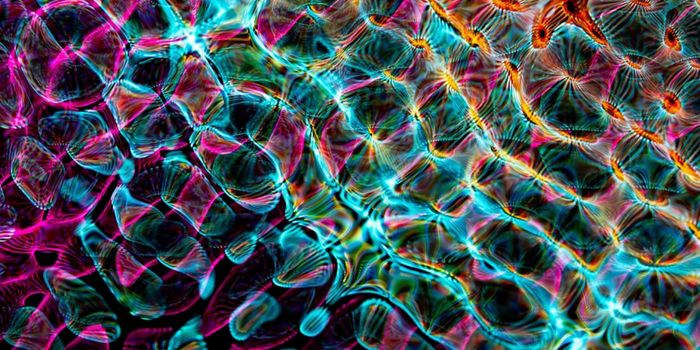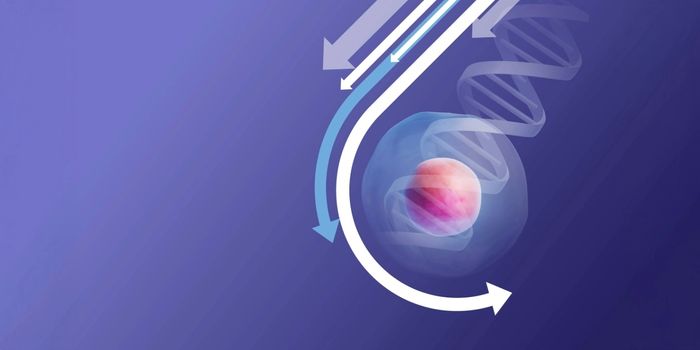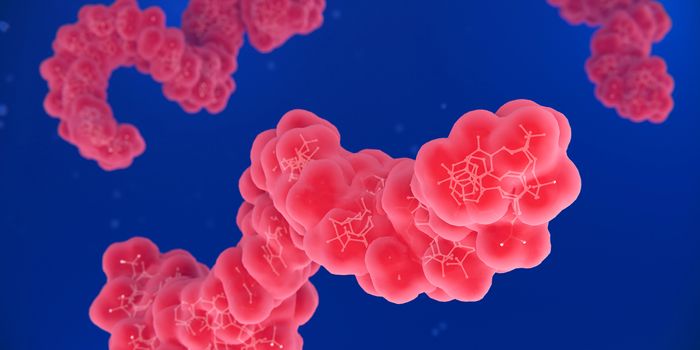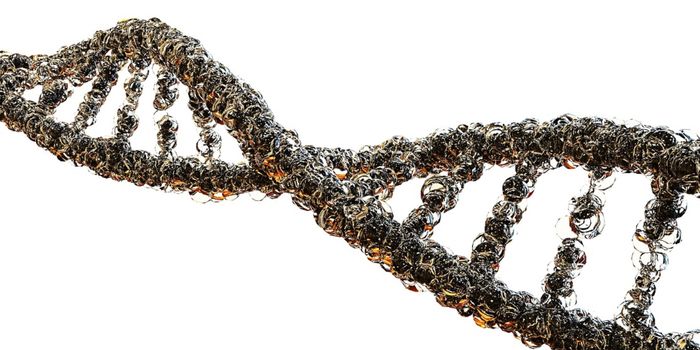Two Deaths Occur During Gene Therapy Trial
There is great promise, as well as serious risks in gene therapy. Many diseases can be traced back to an error or mutation in the sequence of the genome, and sometimes those errors are very small. If a disease-causing genetic mutation can simply be corrected, which is easier said than done, many genetic diseases could be cured. Scientists have been trying to find ways to not only create a genetic template that can be used to correct mutations, but also a delivery system that can take gene therapy to the nucleus of a cell, where the genome is.
One recent trial of a gene therapy called AT132 was meant to treat X-linked myotubular myopathy, a rare neuromuscular disorder. Like many gene therapies, it is delivered with what was engineered to be a non-pathogenic virus called adeno-associated virus 8 (AAV8). Early tests of the therapy had been promising. In the case of a neuromuscular disease, the treatment must enter the bloodstream, which can dilute it before it reaches its target, thus requiring high doses. That's where problems seem to have arisen.
Now, two children in a clinical trial have died after they got a high dose of the AT132 gene therapy. In both cases, liver problems started and led to sepsis. While the company conducting the trials, Audentes, meant to submit applications to approve the treatment this year, those plans have been halted.
Though there are some approved gene therapies, researchers that have spent years in the field have cautioned against using high doses.
Jim Wilson led a pioneering gene therapy trial at The University of Pennsylvania about two decades ago. He and colleagues were concerned enough about high doses that they published a recent report about their concerns in the journal Human Gene Therapy, which noted that liver and nerve damage happened in animals that received some kinds of gene therapy.
Audentes reported on May 6 that high doses of AT132 had caused death due to sepsis in two patients, and two others were experiencing serious side effects. On June 23, the company reported that one of the two people experiencing side effects had also died due to progressive liver dysfunction and sepsis due to bacterial infection. These patients had also come into the study with pre-existing liver problems.
"There have been some incredible outcome measures with some of the children but the science needs to continue to evolve," said Alison Rockett Frase, president of the Joshua Frase Foundation, one of the patient groups Audentes wrote. "Our community is devastated by the loss of these two children," she added in an interview.
There are 17 other patients that are still being monitored after getting high doses of AT132. Six patients that received a low dose were not experiencing problems, even years after the treatment.









